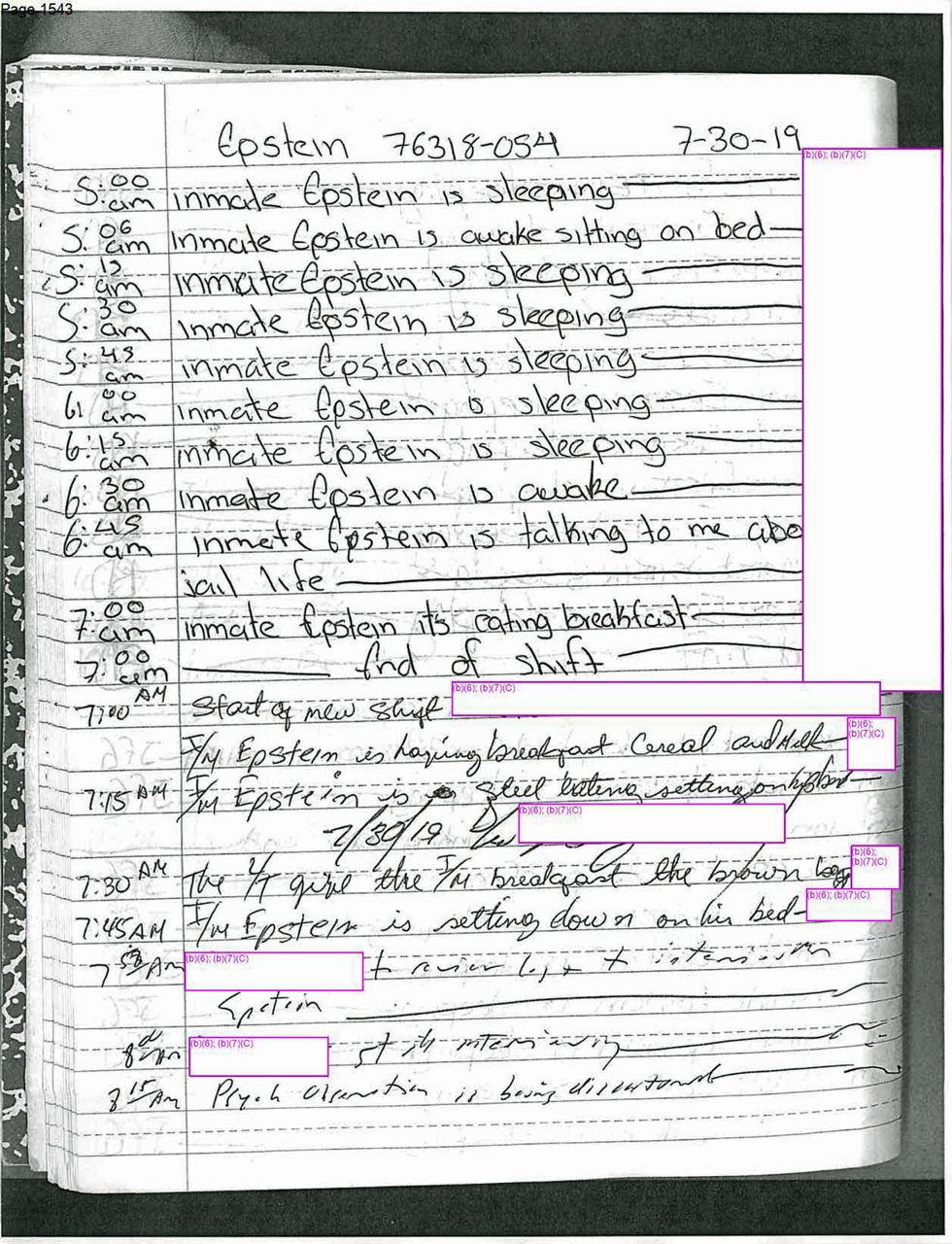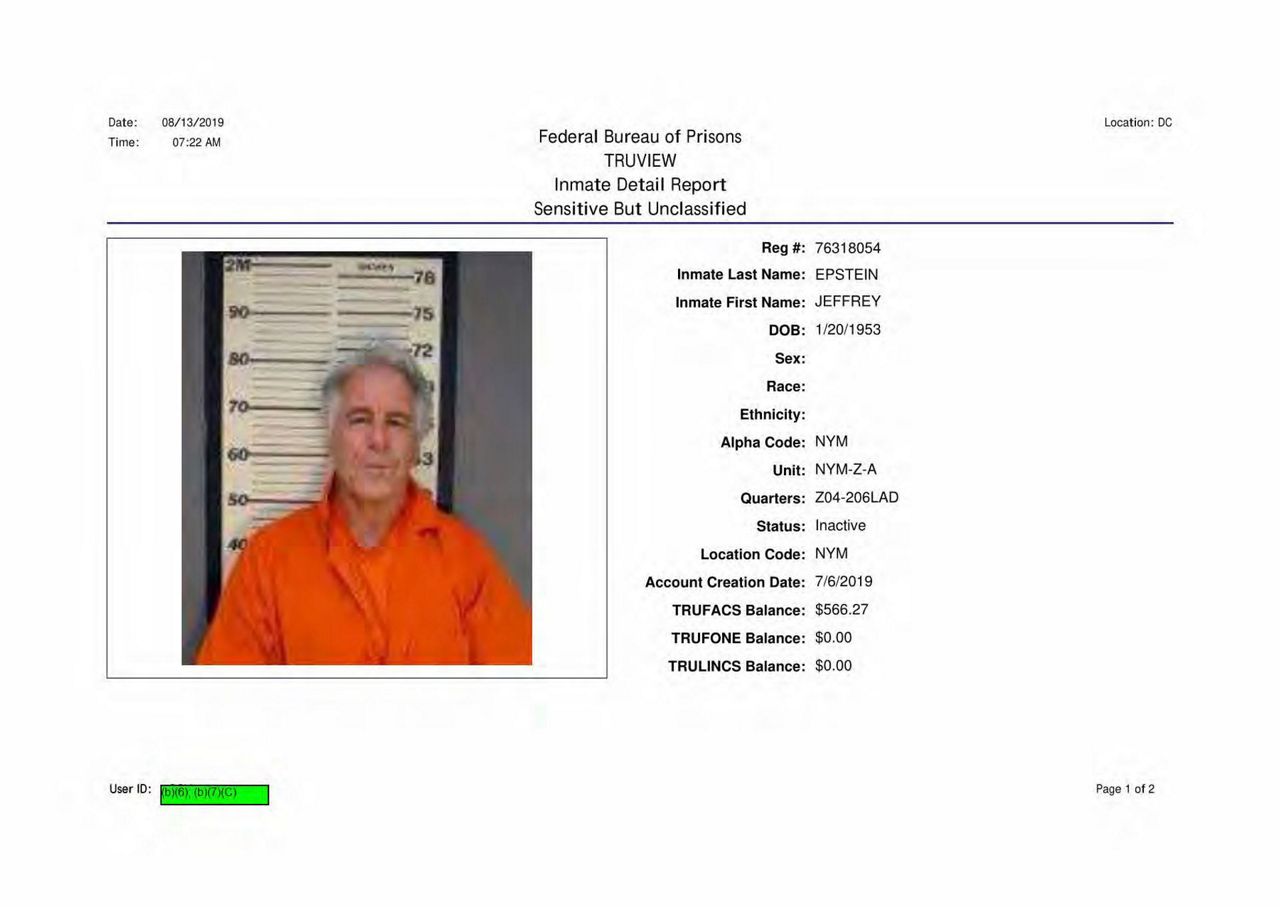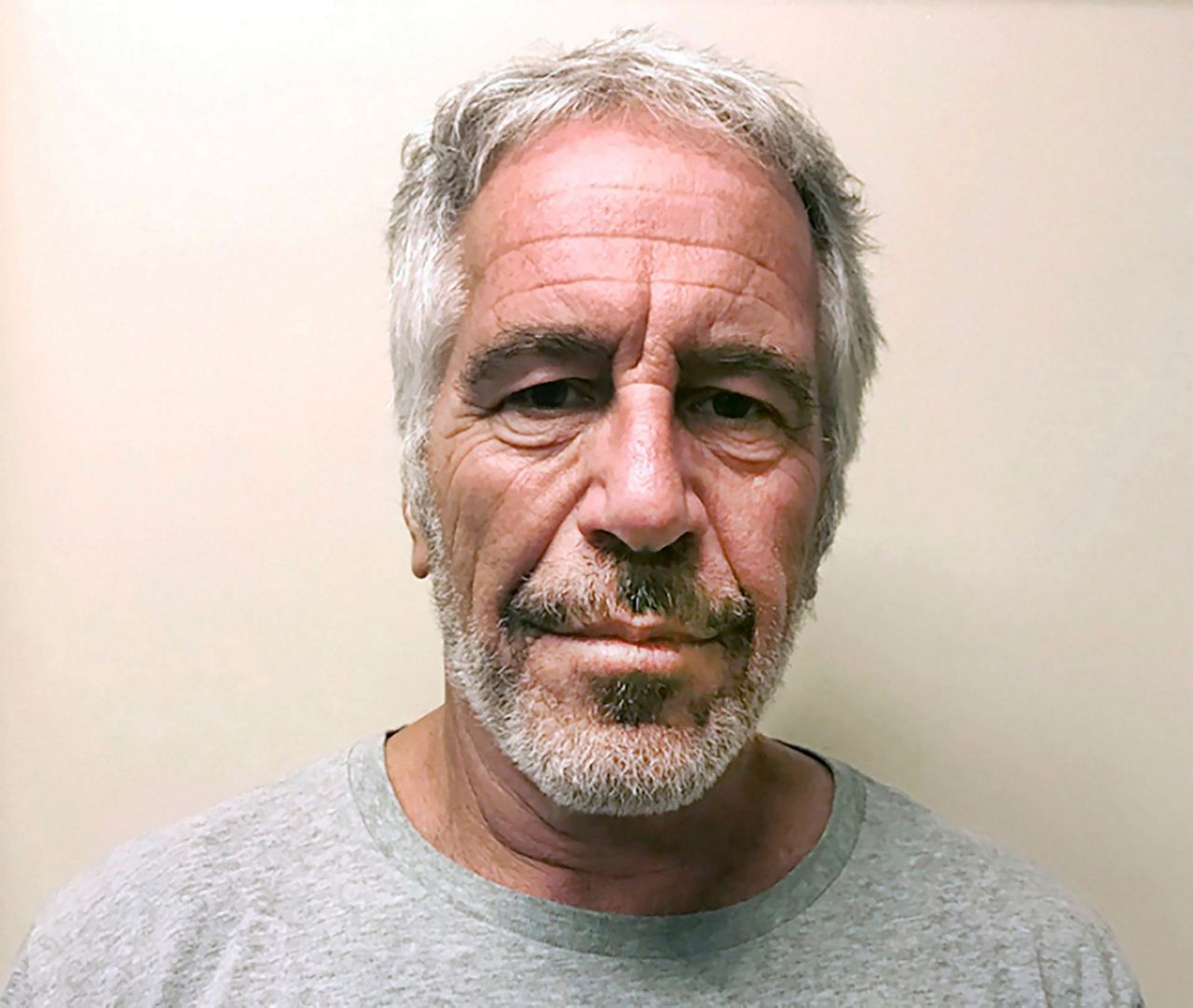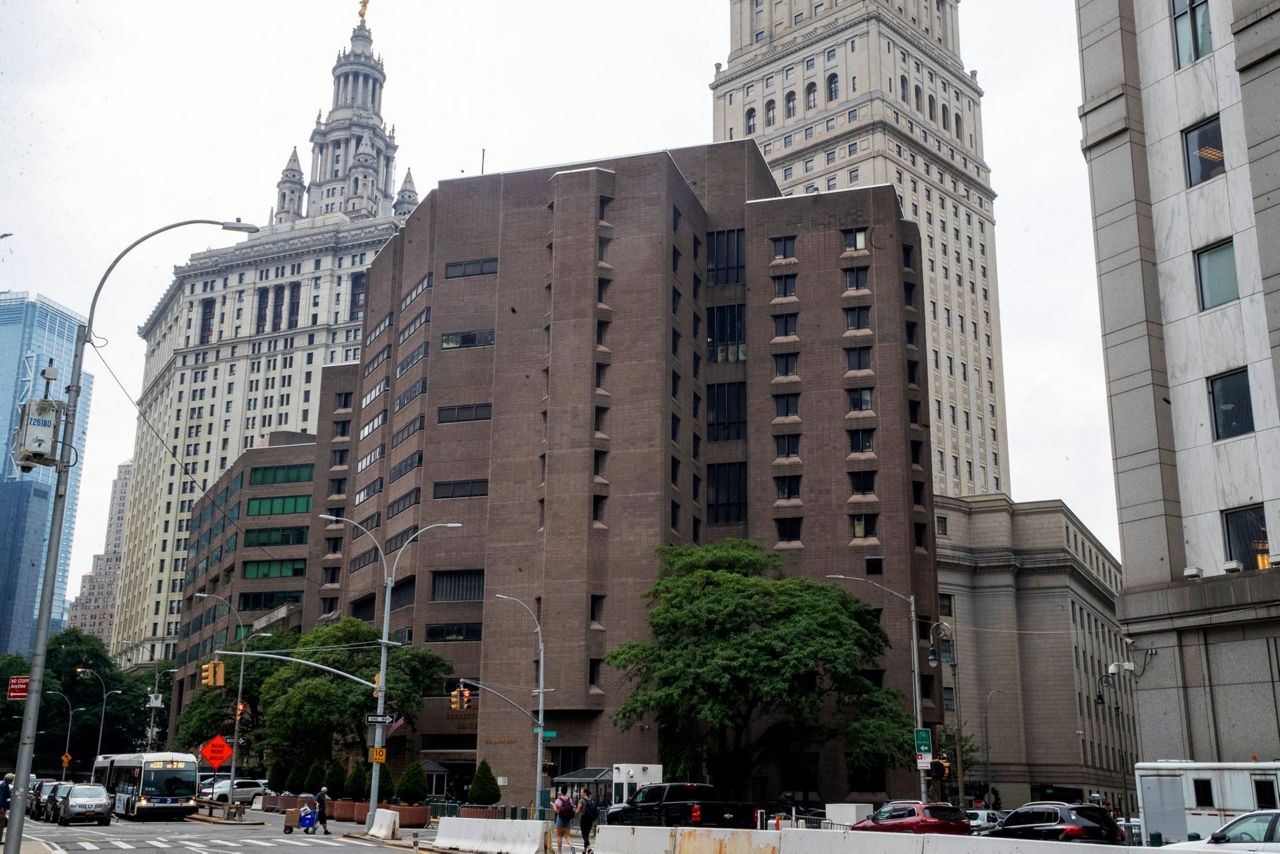NEW YORK (AP) — Nearly four years after Jeffrey Epstein's death, thousands of pages of records obtained by The Associated Press are shedding new light on the financier’s time behind bars and a frantic response by federal corrections officials to his death.
The documents, including emails between jail officials and psychological evaluations, offer a fuller picture of Epstein as he awaited trial on sex trafficking charges at the now-shuttered Metropolitan Correctionalnassar Center.
Epstein killed himself at the federal jail in 2019. In the days and weeks that followed, corrections officials struggled to explain how such a high-profile detainee had managed to take his own life.
The records show how he was moved from the jail’s general population to specialized housing and how he was briefly on suicide watch before being downgraded to psychiatric observation — his status when he killed himself.
Here are takeaways from the more than 4,000 pages of documents:
AN AGITATED INMATE
Epstein was anxious and despondent during much of his time in jail, prompting concern from jail guards and psychological experts about his mental state. He complained often about jail life, including poor sleep, constipation, the color of his uniform and his treatment by other detainees. The noise from a broken toilet in his cell left him sitting in the corner with his hands over his ears, according to one psychologist.
But despite his litany of complaints, Epstein insisted that he wouldn't take his own life. Even after he was discovered on his cell's floor with a strip of bedsheet around his neck and placed on suicide watch for 31 hours, he denied that he was contemplating suicide, which he said was against his Jewish religion. Plus, he added, he was a “coward” who didn’t like pain.
“He described having a ‘wonderful life,’’” a psychological evaluation stated. “He said ‘it would be crazy’ to take his life. He furthered, ‘I would not do that to myself.’”
A LETTER TO ANOTHER SEX OFFENDER
Among the new revelations was an attempt by Epstein to reach out to another notorious pedophile: Larry Nassar, the USA Gymnastics team doctor convicted of sexually abusing scores of young athletes.
A letter sent by Epstein to Nassar was found returned to sender in the jail’s mail room weeks after Epstein’s death. “It appeared he mailed it out and it was returned back to him,” the investigator who found the letter told a corrections official by email. “I am not sure if I should open it or should we hand it over to anyone?”
The letter itself wasn't included among the documents turned over to the AP, which also don't indicate what became of the letter.
FINAL PHONE CALL
Epstein was found dead on the morning of Aug. 10, 2019. He had hanged himself with a bedsheet, according to the medical examiner. Hours earlier, he appears to have successfully deceived jail guards one last time by telling them he wanted to talk on the phone to his mother, who had been dead for 15 years.
A correctional officer escorted Epstein to a shower area at around 7 p.m., where he was permitted to make a 15 minute “social call.” Reports later indicated that he had phoned his 30-year-old girlfriend.
Weeks after his death, a jail warden questioned why an employee had failed to follow policy by allowing Epstein to make an unmonitored call.
MUDDLED RESPONSE
The documents shed light on the lurching response by the Bureau of Prisons in the critical hours of Epstein’s death.
In one email, a prosecutor involved in Epstein’s criminal case complained to an agency lawyer that it was “frankly unbelievable” that the agency was issuing public news releases “before telling us basic information so that we can relay it to his attorneys who can relay it to his family.”
In another email, the prosecutor wrote of getting “increasingly frantic calls” from Epstein’s lawyers.
“We need to know as soon as possible the very basic facts, such as time and cause of death at the absolute minimum,” wrote the prosecutor, whose name was redacted. “It has now been hours since this was reported publicly,” the prosecutor wrote, adding that it was “extraordinary frustrating to have to tell them that we have less information than the press.”
As news outlets began reporting details of the agency’s failings, a high-ranking federal prison official made the apparently baseless suggestion to the agency’s director that reporters must have been paying jail employees for information.
THE AFTERMATH
Epstein’s death touched off a wave of anger toward the Bureau of Prisons and questions about the operation of the Metropolitan Correctional Center. In an internal memo, officials blamed “seriously reduced staffing levels, improper or lack of training, and follow up and oversight” for the death.
Two guards who were supposed to be watching Epstein on the night of his death were found to have falsified records, admitting to napping and browsing the internet instead of monitoring the high-profile inmate.
The documents show other efforts to implement reforms, such as requiring jail captains to review footage ensuring that guards are completing their rounds every 30 minutes. Jail officials said they would allow psychological experts to play a larger role in determining how housing decisions are made.
In some respects, the officials may have overcorrected. A memo sent to the Bureau of Prisons director shortly after Epstein’s death warned that wardens were “defaulting to leaving inmates on suicide watch longer than the psychologists have advised.”
By 2021, the Metropolitan Correctional Center had closed down. An investigation by the Justice Department’s inspector general is still ongoing.
___
For more AP coverage of Jeffrey Epstein: https://apnews.com/hub/jeffrey-epstein
Copyright 2023 The Associated Press. All rights reserved. This material may not be published, broadcast, rewritten or redistributed without permission.











